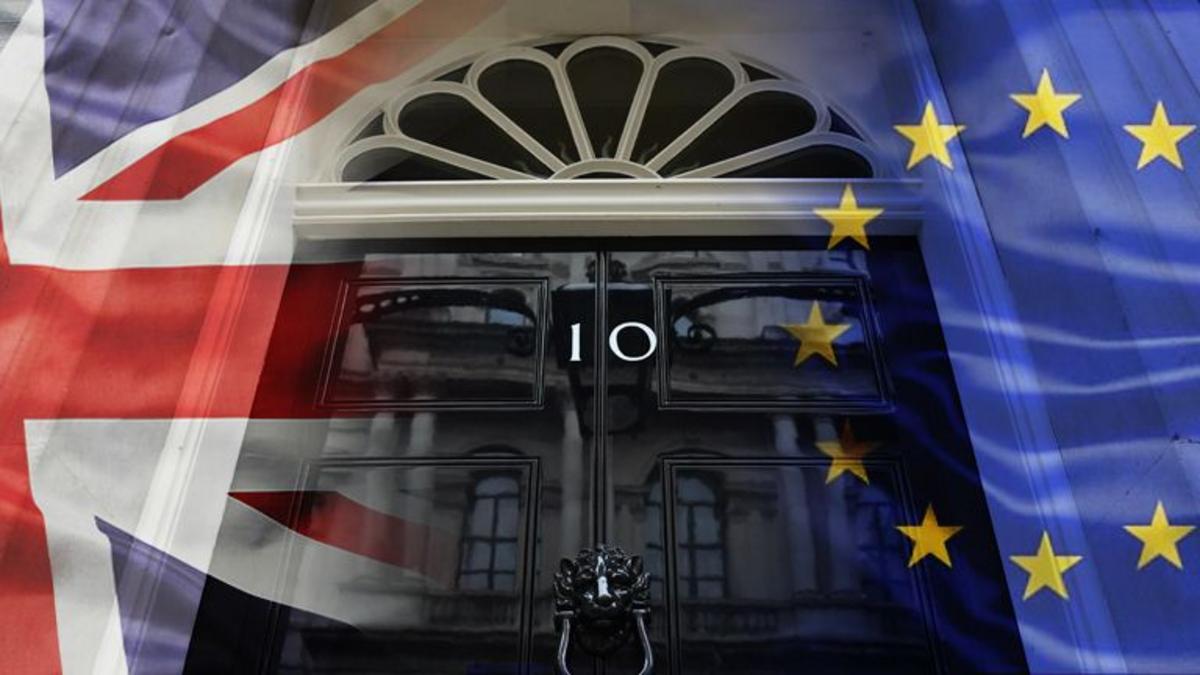Actualités • Analyses & Studies • Communication - Press • Sectors & markets
Looking Ahead: Five Predictions for the UK–EU Reset Summit on 19 May

The UK–EU Reset Summit on 19 May is being talked about as a moment to change gear—not to rewrite the Brexit deal, but to start making it work better. There’s no expectation of a sweeping new agreement. But if the mood music is right, this could be the point where both sides start focusing on what can actually be done.
At the French Chamber, we’ve been tracking this closely. Our recent roundtable with Best for Britain brought together business leaders, members of parliament and policy advocates to explore what might be on the table—and what really matters to companies operating across the Channel.
Here are five predictions for what we think might come out of the UK-EU Reset Summit on 19th May -
1. A Veterinary Agreement Will Make Headlines—but Don’t Expect It to Move the Needle
It’s looking very likely that the UK and EU will announce an Sanitary and Phytosanitary (SPS) agreement—a deal to reduce checks and friction for agri-food trade. It’s long been a top ask from sectors like food and drink, and politically it’s a relatively easy win. It’s also something Labour included in its last manifesto.
But the economic impact is limited. On its own, an SPS deal doesn’t do much to boost GDP. That was made clear in the modelling presented by Best for Britain. It only really starts to matter if it’s part of a bigger package—one that includes industrial goods and services. Still, this could be the headline-friendly outcome that helps rebuild trust and sets the tone for more serious conversations ahead.
2. Mutual Recognition Will Be the Real Prize—Even if It’s Not Announced
Mutual recognition of conformity assessments, in simple terms, is aligning UKCA and CE marking so goods don’t have to go through duplicative certification. This is where the biggest economic gains lie. It’s supported by business groups, unions, and polling shows the public is largely on board, too.
We don’t expect a formal deal on this in May. But we might see language in the declaration that leaves the door open. And that’s important. Because once the political tone shifts, technical cooperation becomes a lot easier to get done—quietly, in the background, where it belongs.
3. Youth Mobility Will Stay in the “Too Difficult” Box—for Now
There’s a lot of support for some kind of youth mobility scheme—among voters, businesses, even MPs across the spectrum. But politically, it’s still tricky. Immigration remains a red-button issue, and the government is walking a tightrope between growth and control.
So while this might get a mention, we don’t expect a breakthrough yet. Sector-specific mobility, cultural exchanges, or early-stage pilots might be floated later in the year, especially if the bilateral conversation with France continues to warm.
4. Defence Cooperation Will Feature Strongly—and That’s Good News for UK Business
This may end up being one of the biggest stories from the Reset—especially for industry. It’s expected that the UK will agree to contribute financially to the EU’s new defence fund, giving UK firms the right to participate in European defence procurement and R&D initiatives.
That’s significant. With European defence spending rising fast, UK manufacturers, suppliers and tech firms could see real commercial benefits. For once, the strategic and the economic might actually align.
Participants at our roundtable were clear: this is an area where Britain has a lot to gain—so long as it stays at the table and helps shape the rules.
5. The Real Outcome Might Just Be a Shift in Tone
Don’t expect fireworks. But tone matters. What the Reset Summit could signal is a move away from the transactional, mistrustful relationship of the past few years towards something more stable and collaborative.
That doesn’t mean easy. But it does mean possible.
This summit won’t rewrite the Trade and Cooperation Agreement (TCA). But it could rebuild the political will needed to make it work better—on trade, regulation, security and mobility. And for business, that’s not nothing.
The Franco-British Dimension
For many Chamber members, this isn’t just about UK–EU relations in isolation. It’s about what happens between Britain and France—two countries with deep commercial ties, shared challenges, and a long history of managing difficult politics.
The UK–France Summit, expected in July, will be equally important. It’s the place where the Reset could start to turn into delivery—on energy, skills, defence, and digital. Business will be central to making that happen. We intend to be at the table.
As part of this effort, the Chamber has joined forces with CBI, MEDEF and the Franco-British Chamber to write jointly to senior members of both governments, urging them to prioritise business-led outcomes at the UK–EU Reset and UK–France Summits.
For members looking to stay ahead of these changes, we encourage active participation in the Chamber’s sector-focused working groups, engagement in policy discussions, and collaboration on strategic trade and investment initiatives.
Get Involved! For more information or to participate in our advocacy efforts, contact David Lutton at dlutton(@)ccfgb.co.uk.